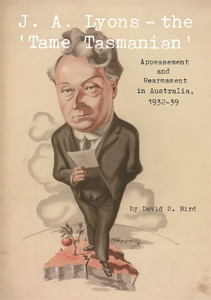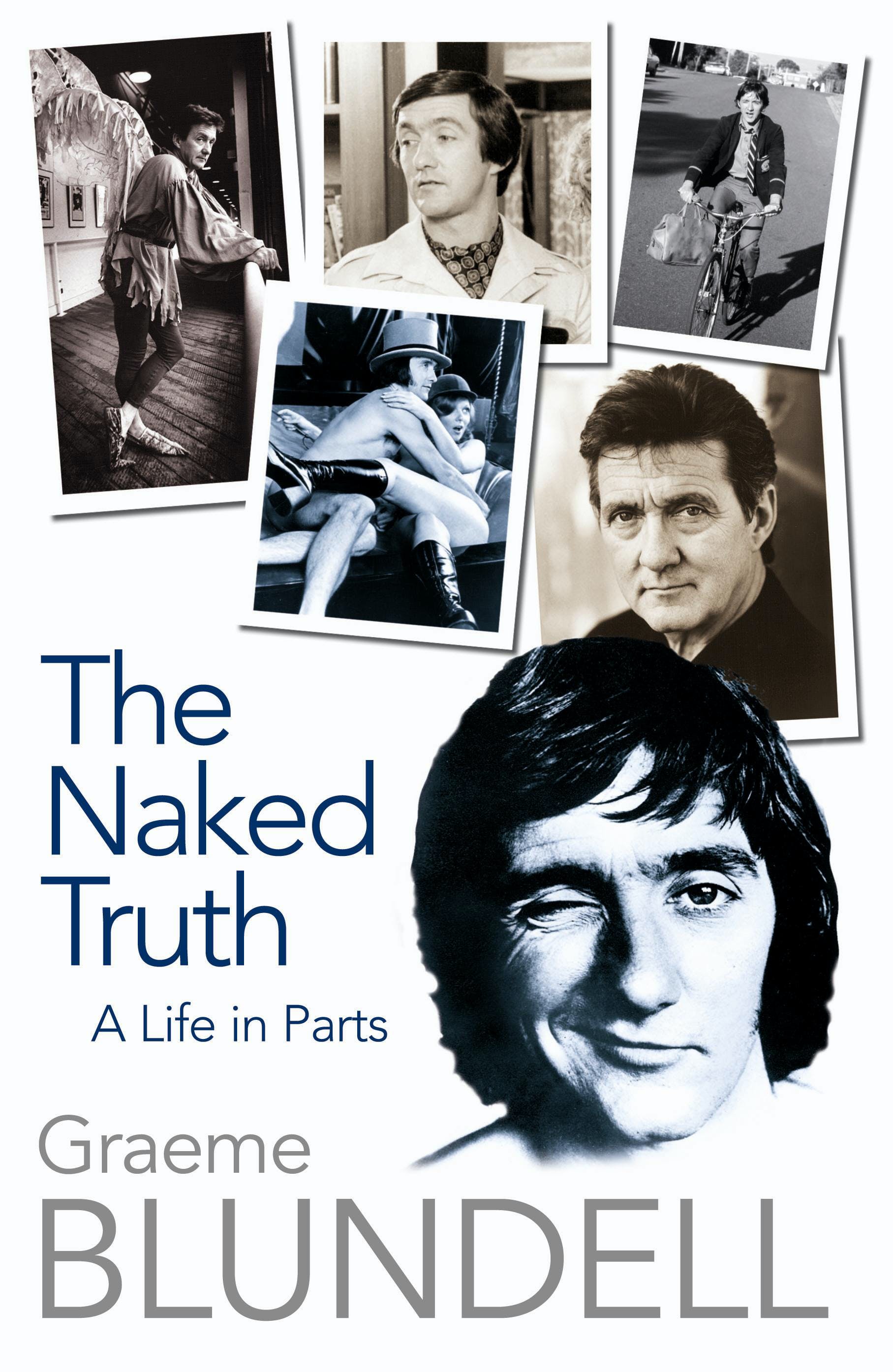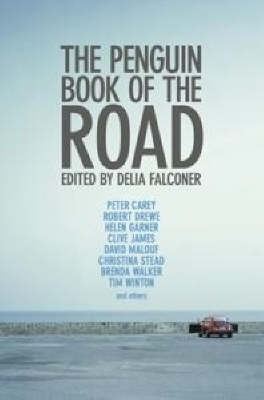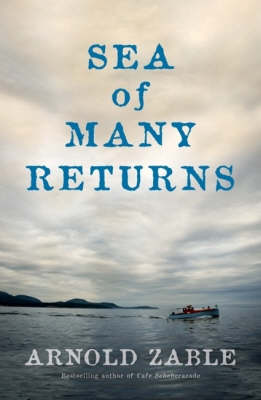Archive
A Slant of Light by Paul Kane & A Tight Circle by Brendan Ryan
by Toby Davidson •
I grew up reading rubbish and then reread it all again when I got older and called it nostalgia ... (read more)
J.A. Lyons – The ‘Tame Tasmanian’ by David S. Bird & Enid Lyons by Anne Henderson
by Ann Moyal •
The Great Synagogue: A history of Sydney’s big shule by Raymond Apple
by Yossi Klein •
An Antarctic Affair: A story of love and survival by the great-granddaughter of Douglas and Paquita Mawson by Emma McEwin
by Kerrie Round •








